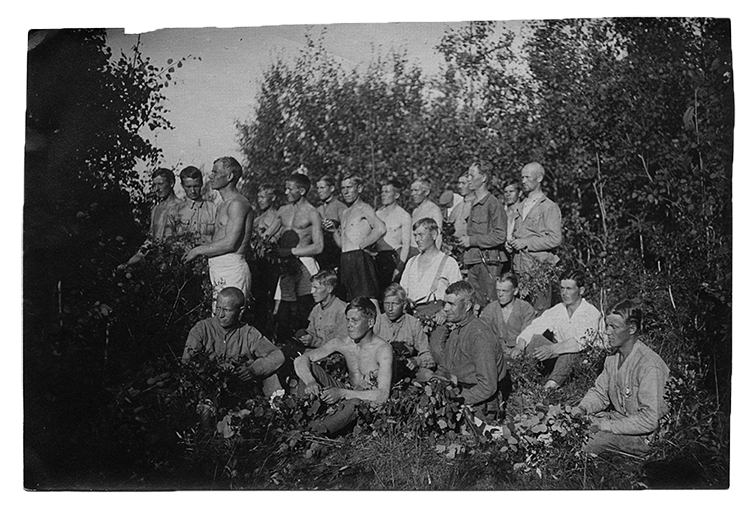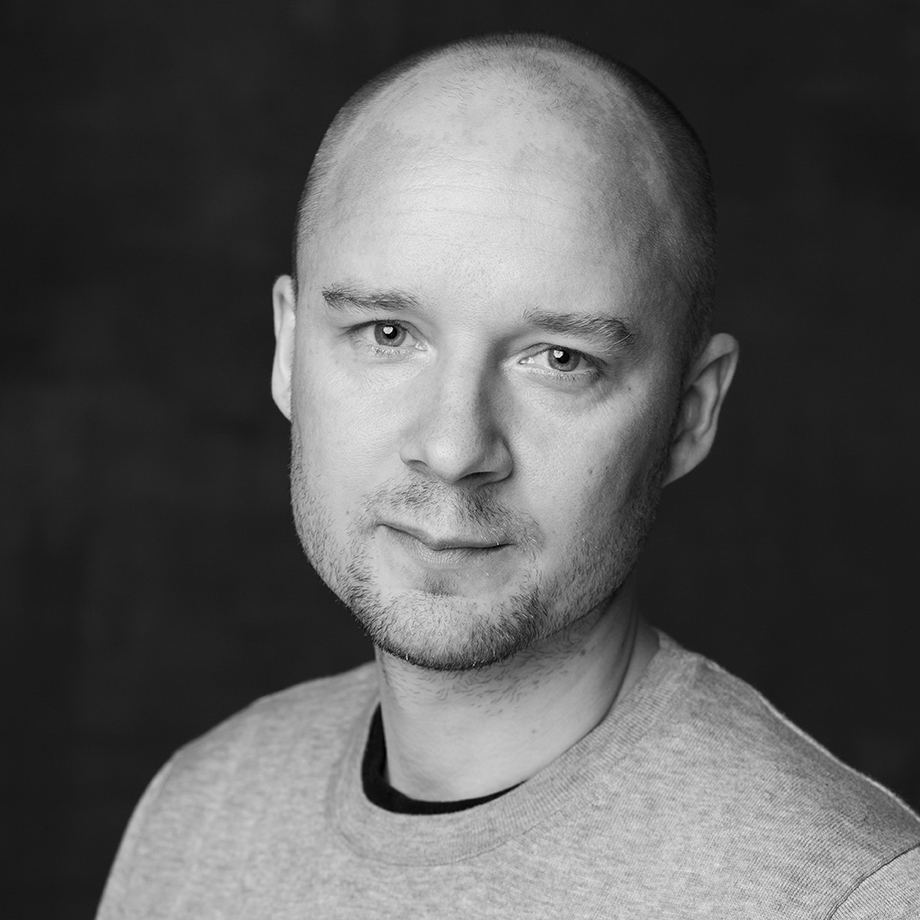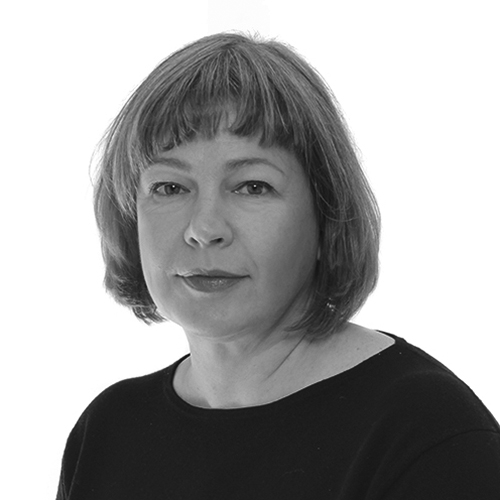Finns in Russia 1917–1964
In September 2020, the National Archives of Finland launched a five-year research project concerning the fates of Finns in Russia between 1917 and 1964.

Before the revolution in October 1917, tens of thousands of people classified as Finns based on their language, identity or ethnic background were living and working in the Russian Empire (i.e. outside the Grand Duchy of Finland).
The plan is to study the phases of those who moved to Russia, those who were settled there and those who returned from Russia in as much detail as possible. Data will be collected up to 1964, the end of Nikita Khrushchev’s (Joseph Stalin’s successor) rule.
The project will create an interactive database of Finns and their biographies in Russia since the revolution in October 1917, as well as documents and photographs related to them.
The research project will produce new information on the phases and situation of Finns in the Soviet Union as well as on the terror and resettlements during the Stalin era. The information will be published in non-fiction books as well as in scientific and popular articles. The project and the related research work will also serve international historical research.
The research project is heavily based on the source materials kept in the archives of Russia and Finland. As a result of the war in Ukraine, the National Archives froze co-operation between the two countries, after which no material purchases have been made from Russia.
Data on Finns have been obtained from Estonia, Ukraine, Georgia and Kazakhstan, as well as from the archives of Western Europe and America. Sources such as memoirs, letters, diaries and other documents the research project has received and will receive as donations from individual citizens and families will also play a major role.
The Prime Minister’s Office will finance the research project from 1 September 2020 to 31 December 2025 by over two million euros. It has also appointed a steering group for the research project, which is chaired by Timo Lankinen, Permanent State Under-Secretary at the Prime Minister’s Office. The other members of the group are Permanent State Secretary Matti Anttonen from the Ministry for Foreign Affairs, Assistant Professor Katri Pynnöniemi from the National Defence University and Professor Kimmo Rentola from the University of Helsinki. The National Archives of Finland will set up a scientific monitoring group for the research project.
The research project is led by historian Aleksi Mainio, PhD, docent. Here you can find out more about the employees in the project. A network for young researchers will be established alongside the project.
The Finns in Russia 1917–1964 research project is implemented in cooperation with the Finnish Literature Society’s (SKS) oral tradition collection Stalinin vainojen muistot (memories of Stalin’s Great Purge). Read more about SKS’s oral tradition collection (in Finnish).Link opens in new window.
Participate in the research
Everyone interested will have an opportunity to participate in this interesting research, because the project will pilot crowdsourcing the recording of the research material via the Zooniverse online service.
Materials, information and tips for the project
Information and tips can be sent to the Finns in Russia between 1917 and 1964 research project.
The project is very interested in materials in private and family archives, such as postcards, letters, diaries, photographs, documents, and oral traditions and stories. Copies of these materials can be sent to the research project by email at [email protected].
Please note that the document copies sent to the research project may be published in the interactive database of the project or in other publications.
Employees in the project
Project Manager Aleksi Mainio

Researcher Ira Jänis-Isokangas

Researcher Jesse Hirvelä

Researcher Aappo Kähönen

Planner Sami Outinen

Researcher Anton Eteläaho

Presenting the project in events
The Finns in Russia between 1917 and 1964 research project will occasionally be presented in related events, and it will also organise its own events.
Further information
- Aleksi Mainio, Project Manager, the National Archives of Finland, [email protected]
- Päivi Happonen, Research Director, the National Archives of Finland, [email protected]
